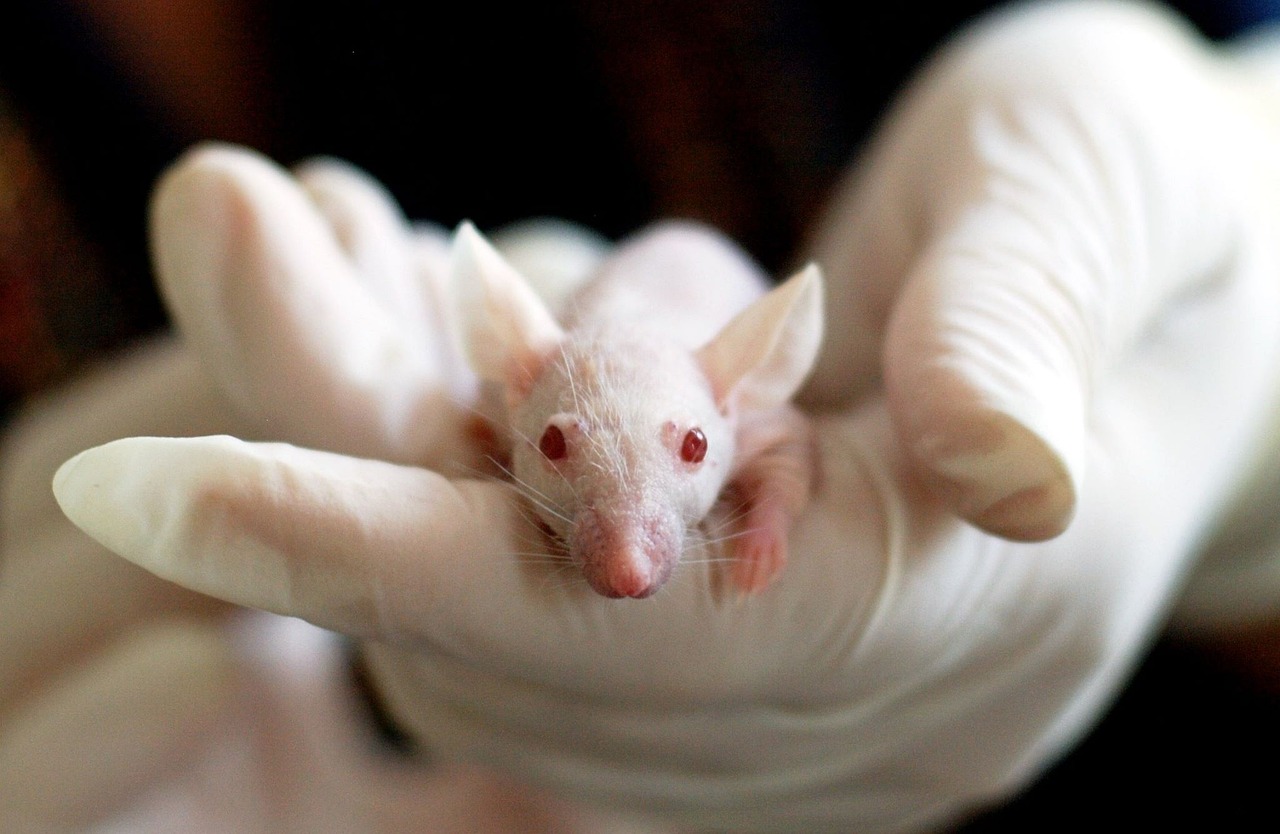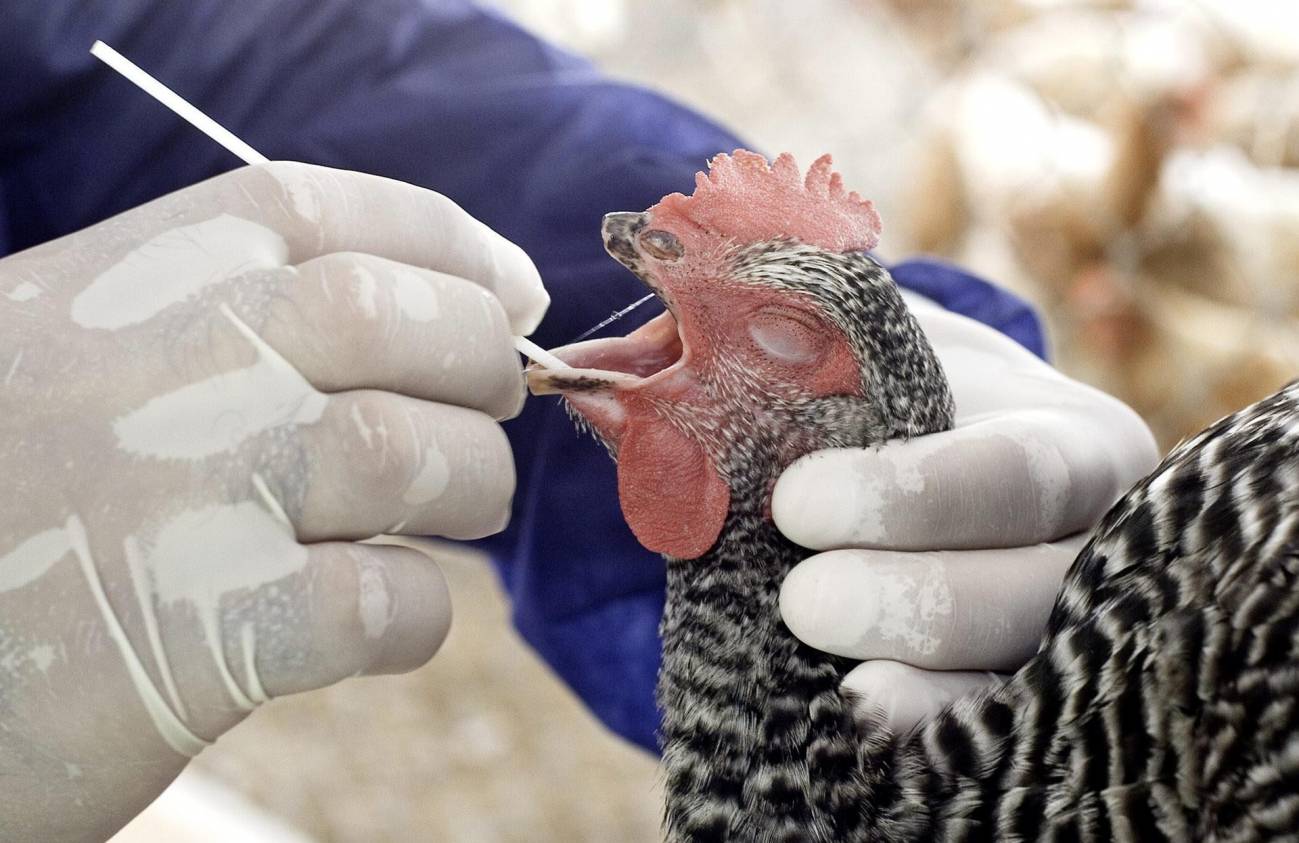Oncological oblivion: the right to be free from discrimination after cancer
World Cancer Day is celebrated on 4 February. Behind the cases of this disease there are people who, although they have overcome it, bear the burden of the diagnosis years after the end of their treatment. Survivors demand the right to be forgotten so as not to suffer financial, employment and social discrimination.









